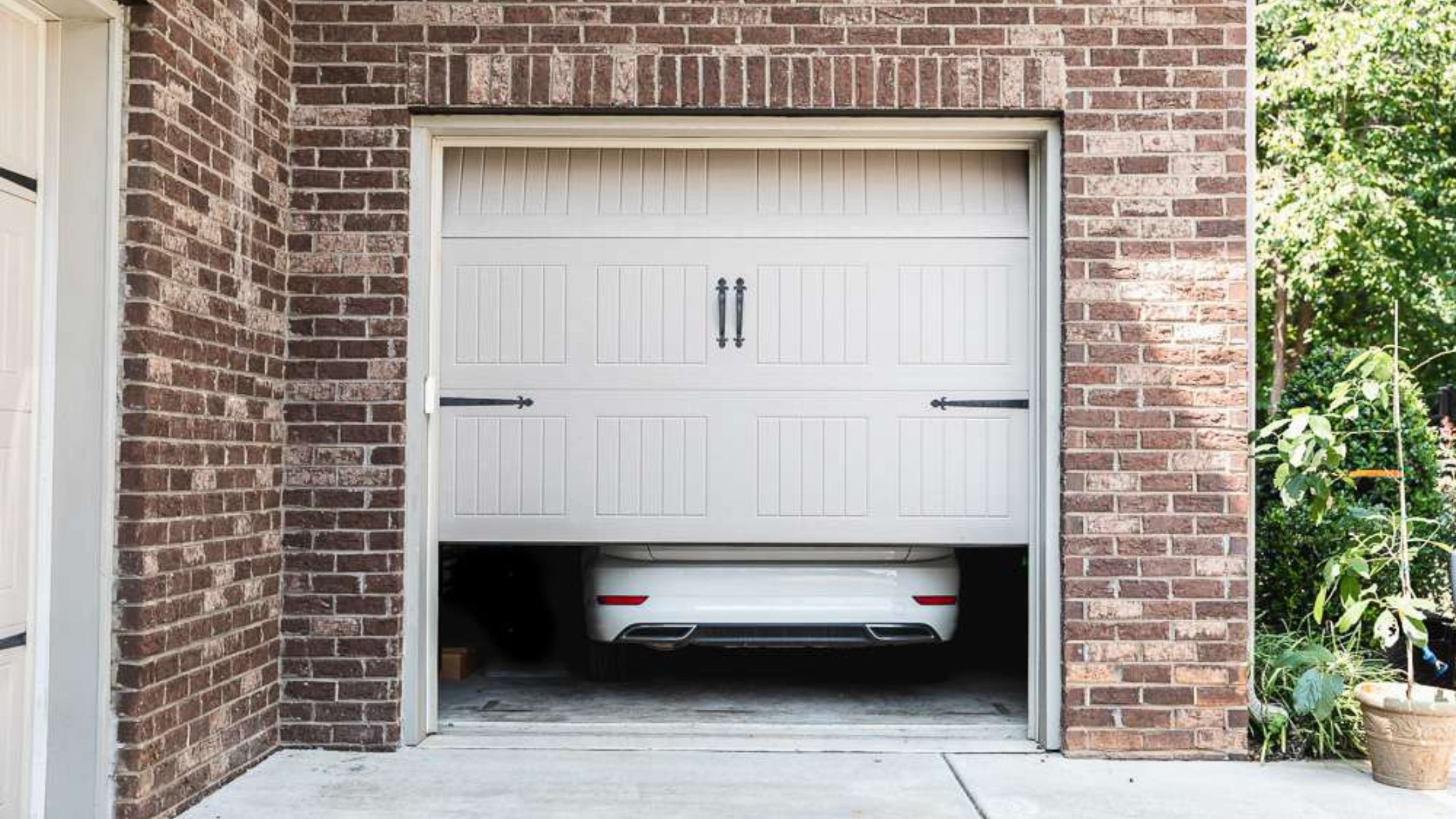
What Causes A Garage Door To Stop Working, And What Should One Do?
When you arise each day, you expect your noble servant – the garage door – to operate normally. But sometimes, things go tits up. For instance, a component goes wonky, disrupting the system. This can send you into a tailspin as you try to figure out the issue. Luckily, most problems are easy to resolve.
If you’re searching for Richmond based Premier Garage Door Repair Services, consider making Titan Garage Doors your go-to choice. The firm’s experienced technicians can pop over for same-day services or at a scheduled time. Plus, their 50+ years of combined experience come in handy when resolving garage door issues.
But what can cause a garage to have an off day suddenly? Let’s examine the common issues and ways to tackle them.
1. Broken Springs
While some people assume the door opener does the heavy lifting, that responsibility falls on the torsion springs. If one or both of them break, your door won’t budge.
When the garage door spring breaks, it produces a loud noise. Sometimes, the spring snaps and flies off violently. A torsion spring can snap for various reasons, including general wear and tear, rust, improper installation, and lack of maintenance.
Don’t take your chances by attempting to fix the door if one of the springs breaks. Instead, let a professional inspect and replace it. Usually, this requires specialized equipment and knowledge to avert further risks or damages.
2. Damaged Motor
Your garage door needs a motor to operate. If the motor isn’t functional, the door might as well be a brick wall. A garage door opener has a service life of 15 to 20 years, provided you maintain it properly.
If it’s been years since you had a garage door tune-up, it’s advisable to have a professional examine the opener for issues and repair or replace it, if necessary. Faulty wiring, a blown fuse, circuitry issues, broken gear, old age, and a lack of maintenance can cause the motor to fail. With that in mind, some of the telltale signs of a damaged opener include:
- A stuck garage door
- Failure to work consistently
- A garage door with a mind of its own – opening and closing as it deems fit or reversing direction suddenly.
- Scraping and screeching noise
3. Blocked Path
A garage door reversing mechanism kicks in if it senses an obstruction. Other times, the door won’t budge, and you may hear a continuous beeping noise. The most likely culprit is a blocked garage door path – something blocking the sensors or the door’s movement.
Examine the path (the vertical and horizontal tracks) for debris. While at it, clear out leaves, twigs, dust, rocks, and dirt that might prevent the door from functioning. It’s also a good idea to periodically clean the tracks to allow the rollers to glide freely.
4. Misaligned Photo Eye
These small sensors are located at the corners of the door frame, and their job is to reverse the door if an item or person is in its way. Dirt might block the light beam from the sensors, causing the door to malfunction. If so, clean the sensors with a microfiber cloth and a streak-free cleaner.
While this can sort out the issue, the sensors might be out of alignment, implying they won’t detect motion and obstructions. To check the alignment, measure the distance between each photo eye and the ground. Then, with a regular level, ensure the photo eyes are aligned horizontally and at the same angle.
Once done, test the garage door to see whether you’ve fixed the issue. If the photo eyes are still out of order, let a knowledgeable technician diagnose the problem.
5. Dead Transmitter Batteries
You’d be surprised to learn how easily a low battery can mess up your day. Door transmitters use batteries to relay a signal to your opener. Your garage door typically has two transmitters, one on the wall and the other on the remote.
If, upon pressing the buttons on the transmitter, the lights don’t turn on or you don’t hear buzzing noises, it probably means the battery needs replacing. Battery replacement is usually straightforward, although you might need a screwdriver for some units.
While installing new batteries, ensure the positive and negative signs line up. Afterward, test to ensure the door operates. You might also want to keep an emergency set of new batteries handy – in case you need them in a pinch.
Most garage door issues require simple fixes. But, some call for a professional’s input. If your door stops working but you’re unsure of the cause, contact a trustworthy repair service provider.



